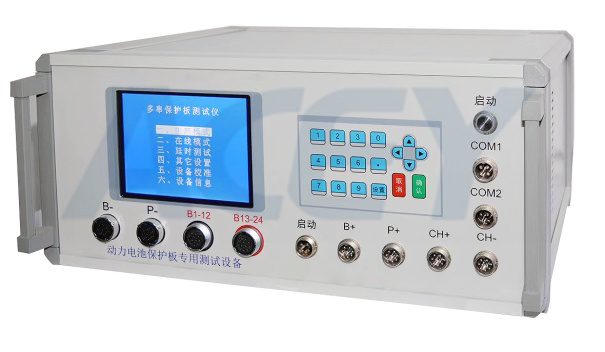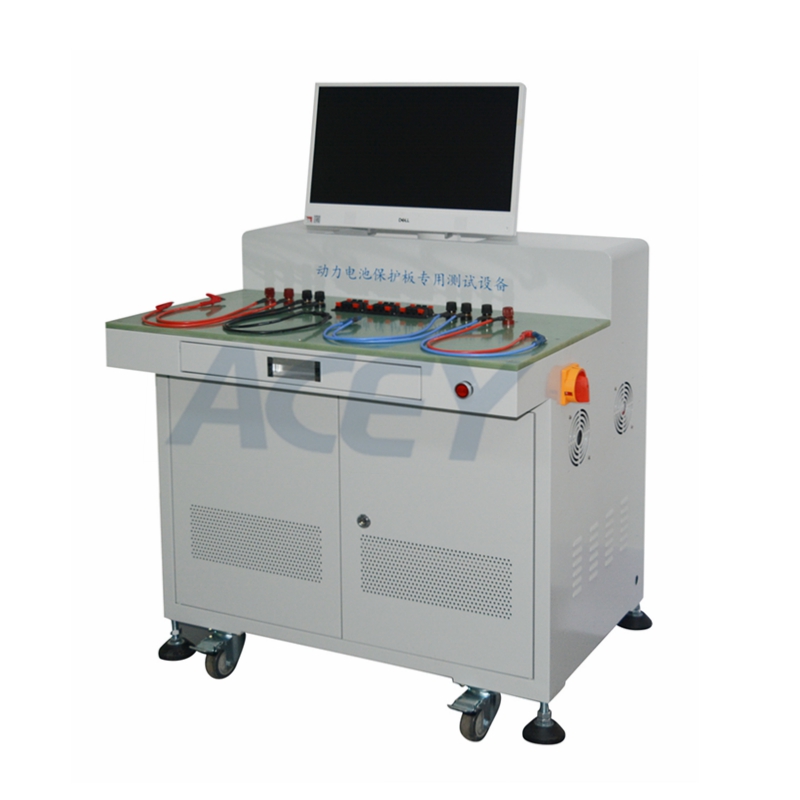Categories
What is a lithium-ion battery BMS? Why do need a BMS lithium-ion battery management system?
June 18 , 2021When it comes to lithium-ion batteries, it is often associated with some terms such as lithium-ion battery protection boards and lithium-ion battery management systems. As we all know, BMS battery management system mainly appears in lithium-ion batteries. Lead-acid batteries generally do not have this management system. Lithium batteries have one more BMS battery management system to protect cells than lead-acid batteries.
What is lithium ion battery BMS?
The BMS battery management system is the link between the battery and the user. The important object is the secondary battery. Its purpose is to improve the utilization of the battery, prevent the battery from overcharging and overdischarging, increase the battery life, and monitor the battery status. Popularly speaking, it is an operating system for managing, controlling, and using lithium-ion battery packs. The BMS industry belongs to the midstream industry of the power lithium-ion battery industry chain. The BMS industry chain includes four links: upstream and downstream raw materials, BMS modules, BMS finished products, and downstream applications.
BMS calls it the "brain" of the power lithium battery operating system. It sends and receives information from the battery and each external port, analyzes and processes the information in depth, and sends out execution orders.
Why BMS lithium-ion battery management system is needed?
Lithium-ion batteries are widely used in long-term standby remote monitoring instruments because of their high working voltage, small size, light weight, high energy density, no memory effect, no pollution, low self-discharge, and long cycle life. Compared with nickel-metal hydride batteries, lithium-ion batteries are 30-40% lighter and have a 60% higher energy ratio. However, lithium-ion batteries also have serious shortcomings, which can be summarized in the following two aspects:
(1) Security
Lithium-ion batteries have poor safety and have defects such as explosions. In particular, lithium-ion batteries using lithium cobalt oxide as the cathode material cannot be discharged under large currents, and their safety is poor. In addition, almost all lithium-ion batteries overcharge or overdischarge will cause irreversible damage to the battery.
Lithium-ion batteries are also very sensitive to temperature: if the temperature is too high, it may cause the electrolyte to decompose, burn or even explode; if the temperature is too low, the performance of the lithium-ion battery will deteriorate significantly, affecting the normal use of the equipment.
Due to the limitation of lithium-ion battery manufacturing process, the internal resistance and capacity of each battery will be different. When multiple lithium-ion batteries are used in series, the charge and discharge rate of each battery is inconsistent, resulting in low battery capacity utilization. In view of this, in the process of actual use of lithium-ion batteries, a special protection system is required to monitor the health of the battery, so as to manage the use of lithium-ion batteries.
(2) Maintainability
At low temperatures, capacity degradation and power cannot be accurately predicted, which reduces the maintainability of the equipment. Long-term online instruments need to be replaced regularly, and remote monitoring equipment works in scattered locations, and the distance between each location is very long, so the workload of replacing the battery is very large, and the cost is also high.
In order to reduce maintenance workload and maintenance costs, the lithium-ion battery management system must have an accurate power state estimation function, accurately grasp the power state of the lithium-ion battery, and perform battery replacement work in a more targeted manner. At the same time, the lithium-ion battery management system must have lower power consumption to reduce maintenance frequency and extend battery life. Therefore, a reasonable design of the lithium-ion battery management system is of great significance to the maintenance of long-term continuous power supply remote monitoring instruments.
Summary: The integrated intelligent battery management system BMS can not only protect lithium-ion batteries from various abnormal conditions, but also accurately monitor the charging/discharging process of each battery cell, with accurate data and safety. If there is no lithium-ion battery management system BMS, the charge and discharge and service life of the battery will be greatly reduced. ACEY provides the 1-24 series or 1-32 series BMS tester, which can test the performance of BMS like Over discharge protection, Overcharge protection current protection value etc.

